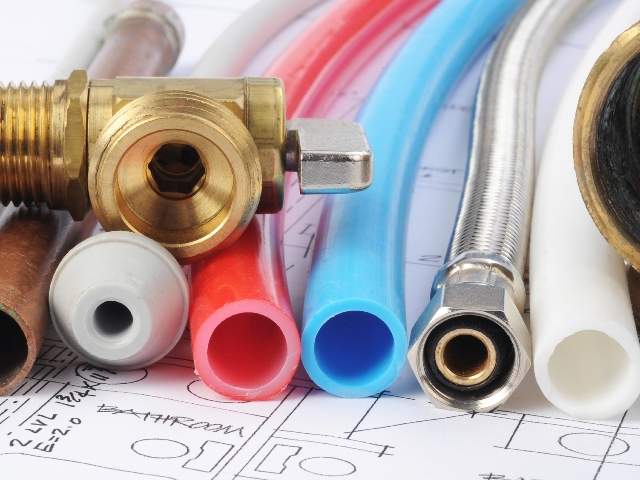Emergencies never announce their arrival, especially when it comes to plumbing disasters. A burst pipe, a leaking water heater, or a clogged drain can wreak havoc in your home, leading to significant damage and inconvenience. In these critical moments, knowing what to do can make a substantial difference. This article aims to guide you through the essential steps to take when facing a plumbing emergency.
1. Stay Calm and Assess the Situation
The first and most crucial step is to stay calm. Panic can lead to poor decisions and exacerbate the situation. Take a moment to assess the extent of the problem. Identify the source of the issue and determine whether it requires immediate attention or if you can temporarily contain it until professional help arrives.
2. Shut Off the Water Supply
Locate the main water shut-off valve in your home and turn it off immediately. This will stop the water flow and prevent further damage. It’s essential to familiarize yourself with the location of this valve beforehand, so you can act swiftly in an emergency.
3. Call Emergency Plumbing Services
Once you’ve controlled the immediate threat by shutting off the water, it’s time to call for professional help. Emergency plumbing services are equipped to handle urgent situations 24/7. Provide them with a clear and concise description of the issue, as this will help them come prepared with the necessary tools and expertise.
4. Mitigate Further Damage
While waiting for the plumbers to arrive, take steps to mitigate further damage. Use towels, buckets, or any available materials to soak up excess water. If there’s a leak, place a bucket underneath to catch the dripping water. These small actions can significantly reduce the overall damage to your property.
5. Document the Situation
Before the professionals start their work, document the situation by taking pictures or videos. This documentation can serve as valuable evidence for insurance claims and assist plumbers in understanding the severity of the issue. Remember to keep a record of any expenses related to the emergency repairs.

6. Do Not Attempt DIY Repairs
In the face of a plumbing emergency, it might be tempting to try DIY repairs. However, unless you have the necessary skills and experience, it’s best to leave the job to the professionals. Attempting repairs without proper knowledge can worsen the problem and lead to additional complications.
7. Be Prepared for Future Emergencies
Learn from the experience and take preventive measures to avoid future plumbing emergencies. Regularly inspect your plumbing system, fix minor issues promptly, and consider installing devices like water leak detectors to provide early warnings. Being proactive can save you from potential disasters down the road. If you found this article useful, you may also visit www.abacusplumbing.com/plumbing/water-heaters/
to read more about plumbing.
Conclusion
Facing a plumbing emergency can be stressful, but knowing how to respond can make a significant difference. By staying calm, shutting off the water supply, and calling for professional help, you can minimize damage and expedite the resolution of the issue. Remember to document the situation for insurance purposes and, most importantly, be prepared for future emergencies by taking preventive measures.
